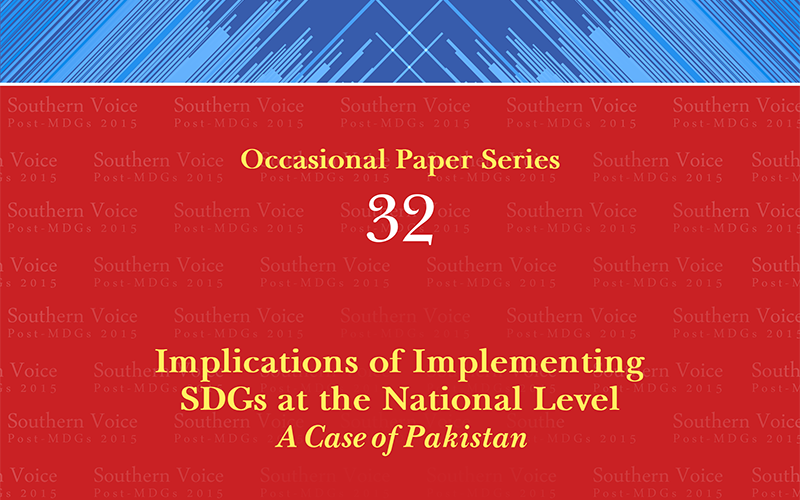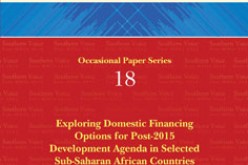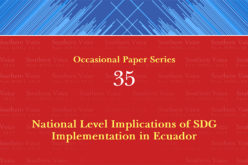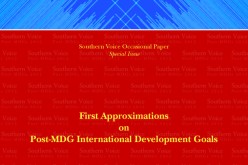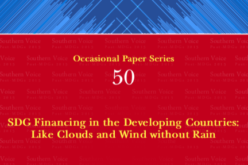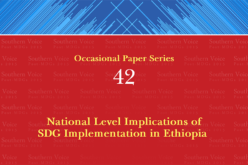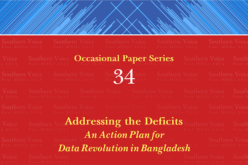 The present study focuses on the implications of implementing the Sustainable Development Goals (SDGs) in the context of Pakistan. The study has identified the structural impediments confronted due to political and bureaucratic hierarchies to be the main reasons for the lower level of attainment of the Millennium Development Goals (MDGs). The research suggests that the primary approach for the provincial governments towards SDG implementation should be integrating the SDGs into the provincial Medium Term Development Framework (MTDF). In addition, leadership provided by federal government is considered to be essential for an improved coordination and management of forward and backward linkages. However, this is often challenged by the inter-provincial political rivalries and lack of monitoring mechanisms. The need and the importance of conflict management tactics have been identified as key factors to keep the provincial rivalry under control and also to bridge the trust deficit. This responsibility can partially be entrusted upon the SDGs Unit and the Secretariat. There are serious capacity issues (human and financial) both at federal and provincial government levels. All four provincial governments need to chalk out their respective plans to avail sources of Means of Implementation. Finally, the paper emphasises on conducting a mapping exercise to gauge the existing resource availability and the future resource needs for implementing the SDGs.
The present study focuses on the implications of implementing the Sustainable Development Goals (SDGs) in the context of Pakistan. The study has identified the structural impediments confronted due to political and bureaucratic hierarchies to be the main reasons for the lower level of attainment of the Millennium Development Goals (MDGs). The research suggests that the primary approach for the provincial governments towards SDG implementation should be integrating the SDGs into the provincial Medium Term Development Framework (MTDF). In addition, leadership provided by federal government is considered to be essential for an improved coordination and management of forward and backward linkages. However, this is often challenged by the inter-provincial political rivalries and lack of monitoring mechanisms. The need and the importance of conflict management tactics have been identified as key factors to keep the provincial rivalry under control and also to bridge the trust deficit. This responsibility can partially be entrusted upon the SDGs Unit and the Secretariat. There are serious capacity issues (human and financial) both at federal and provincial government levels. All four provincial governments need to chalk out their respective plans to avail sources of Means of Implementation. Finally, the paper emphasises on conducting a mapping exercise to gauge the existing resource availability and the future resource needs for implementing the SDGs.
Authors: Khalida Ghaus, Nadeem Ahmed, Shehryar Khan Toru, Rabia Manzoor, Muhammad Sohaib
Download
4,827 total views, 2 views today


